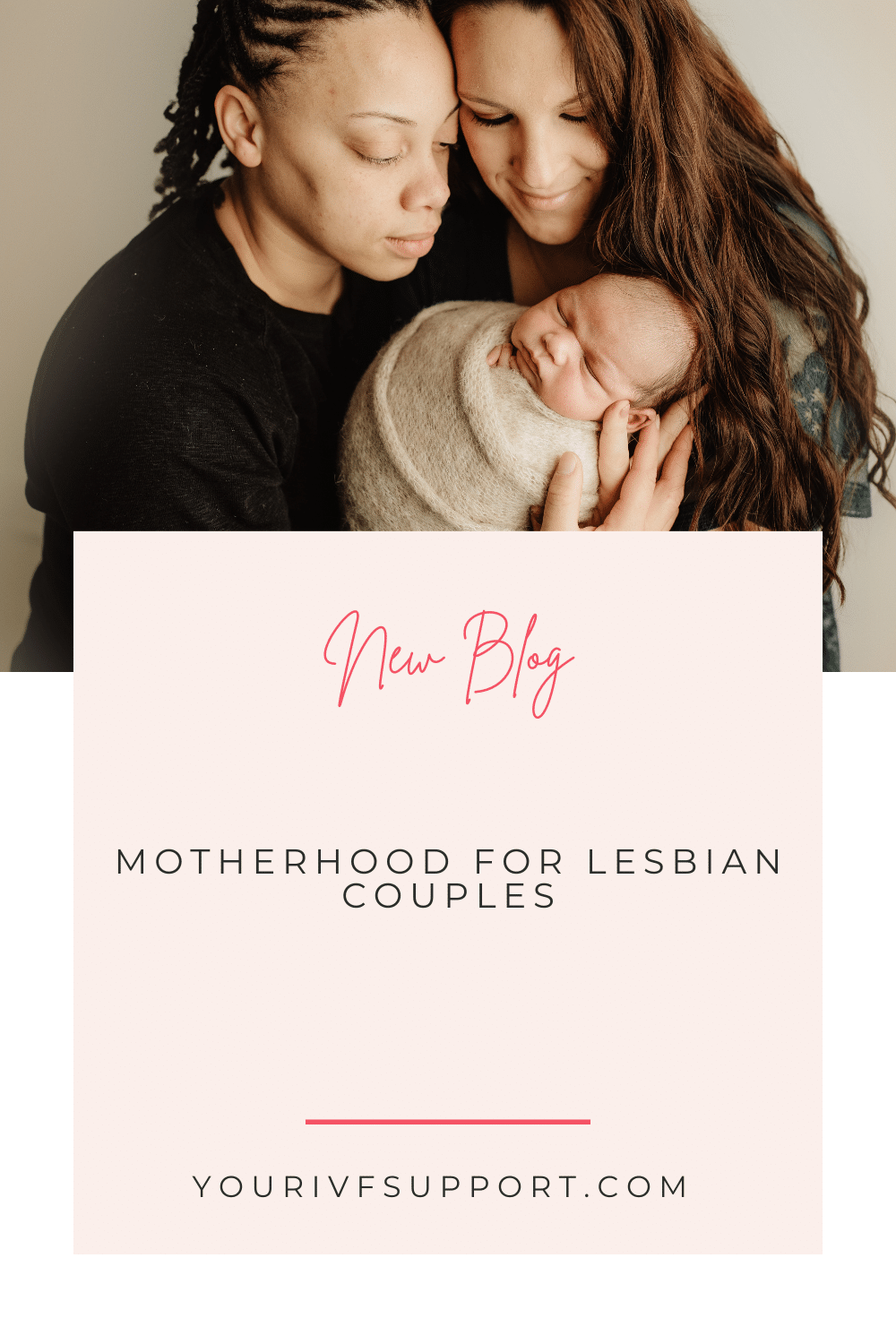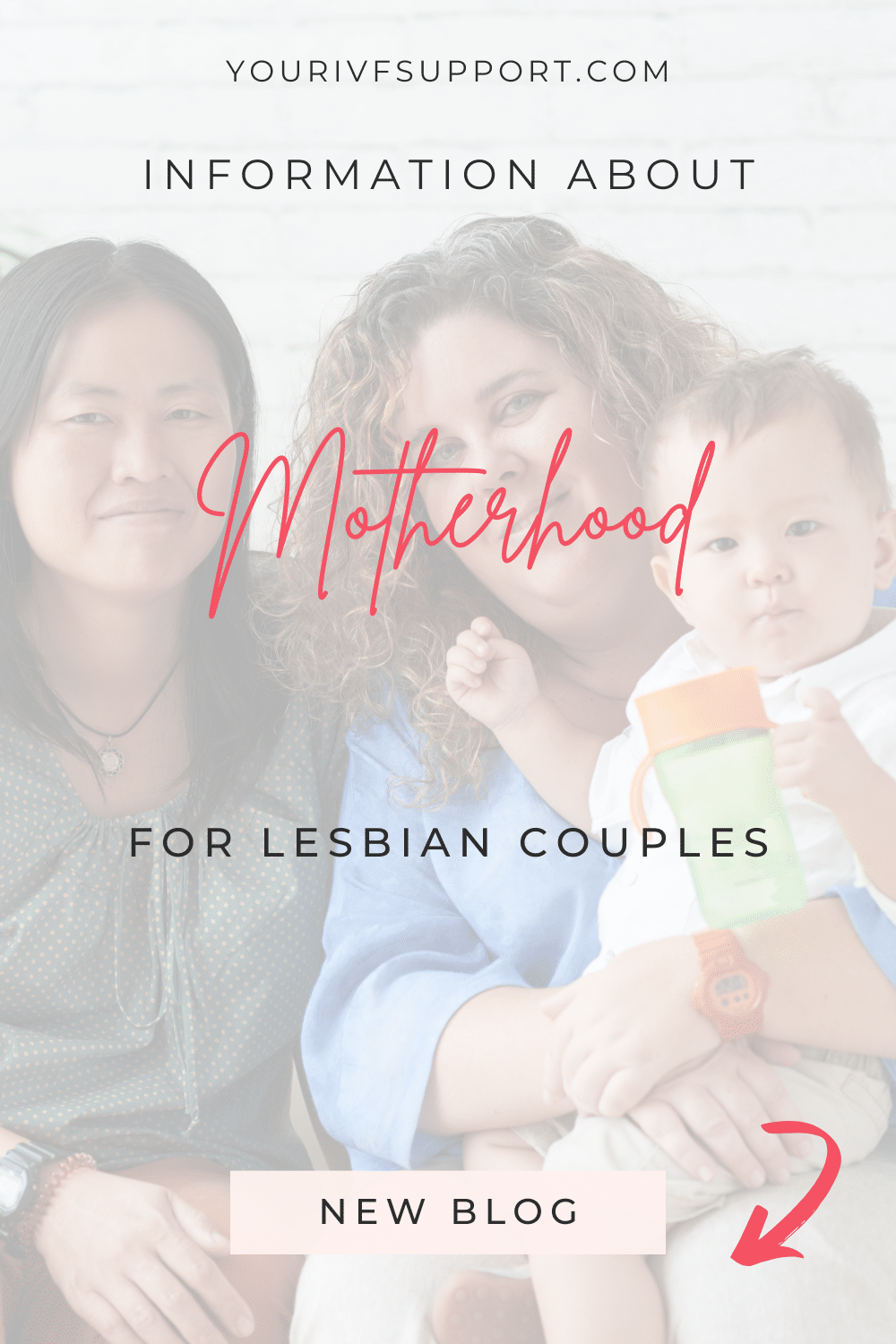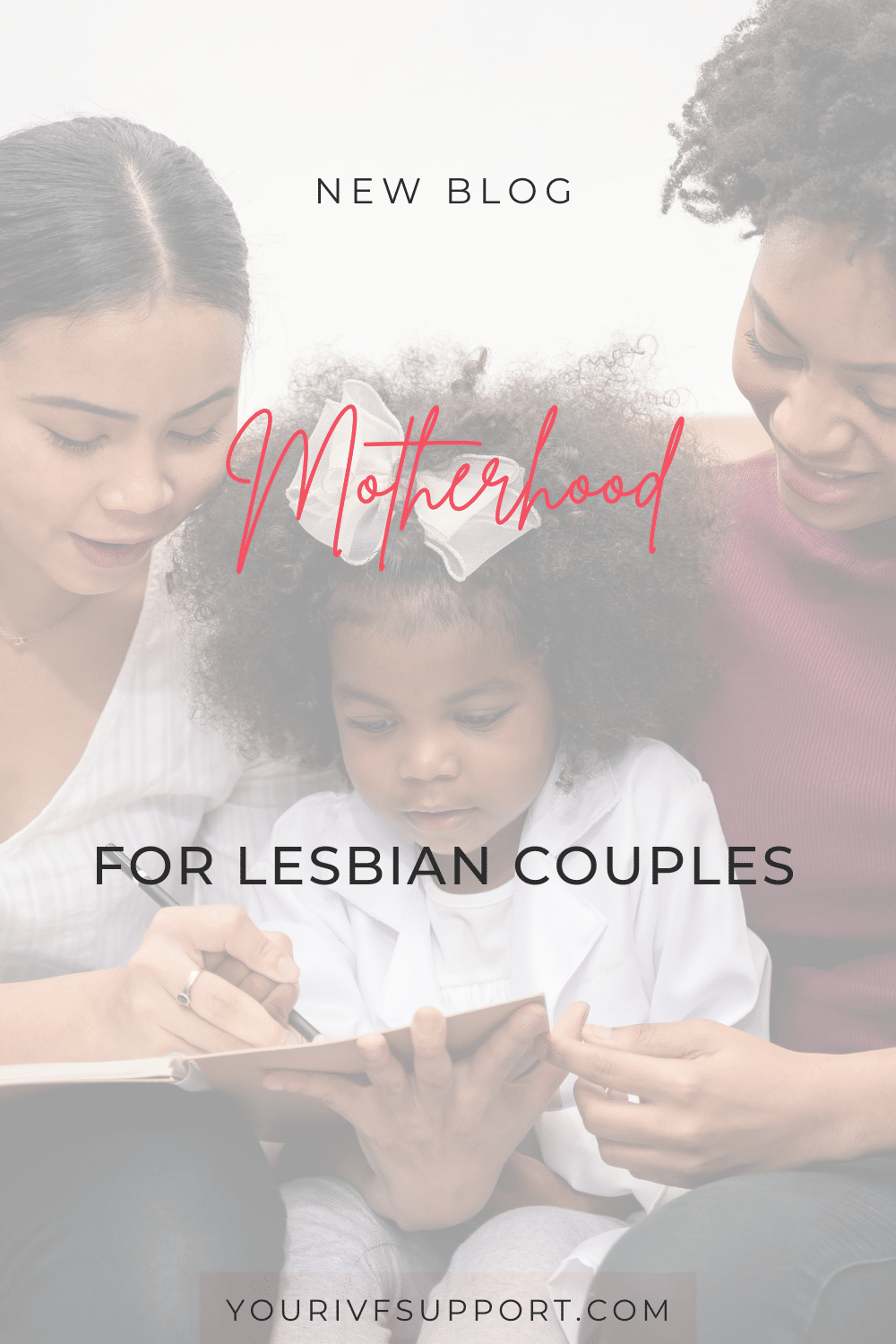This article is for all the wonderful women out there who want to fulfil their biggest dream of having their own family. In a world where love knows no boundaries, it is important that lesbian couples have the opportunity to become parents. In this article, I would like to explore different options and aspects that can help you on your way to fulfilling your desire to have children.
The importance of the desire to have children
The desire to have children is a deep-rooted dream that arises in many people. For lesbian couples, this desire is just as strong and meaningful as it is for heterosexual couples. The desire to have a family, to give and receive unconditional love is universal. It is important to acknowledge this desire and take active steps to fulfil it.

The legal framework for lesbian couples
Fortunately, the legal situation for lesbian couples has improved considerably in recent years. Many countries recognise same-sex marriage and grant lesbian couples the same rights and responsibilities as heterosexual couples. However, there are still differences between countries and their legislation. It is therefore advisable to find out about the legal framework in your country or region.


The role of reproductive medicine
Reproductive medicine plays a crucial role in fulfilling lesbian couples' desire to have children. There are several methods that can be considered, depending on individual circumstances and wishes.
Insemination with donor sperm
Donor insemination is one of the most common methods used by lesbian couples to fulfil their desire to have children. In this procedure, the sperm of a donor is inserted into the uterus of the receiving partner. This can be done either at home or under medical supervision.
In vitro fertilisation (IVF).
In vitro fertilisation, also known as IVF, is another option for lesbian couples. In this method, eggs are collected from the partner or an egg donor and fertilised in the laboratory with sperm from a donor. The fertilised eggs are then transferred to the recipient partner's uterus.
Egg donation
Egg donation is an option for lesbian couples where an egg donor provides her eggs. The fertilised eggs are either transferred into the uterus of the recipient partner to induce pregnancy.
Shared motherhood (ROPA method).
Shared motherhood is another method that can be considered for lesbian couples. In this type of family planning, one partner carries the child and the other provides the genetic relationship. This is achieved through a combination of IVF and egg donation. The egg is retrieved from the genetic mother, fertilised and then implanted in the uterus of the other partner who will carry the child. Shared motherhood allows both partners to have a close biological connection to their child.
If you would like to know more about this treatment, you can find a separate article about it here: Shared Motherhood.
" It is therefore advisable to find out about the legal framework in your country or region."
Adoption and fostering
In addition to reproductive methods, lesbian couples also have the option of adoption and fostering. Adoption or fostering can be a wonderful way to create a family and provide a loving home for a child. However, it is important to note that the legal framework for adoption and fostering can vary from country to country and region to region.
The challenges of parenthood for lesbian couples.
Parenthood presents challenges for all couples, regardless of their sexual orientation. However, lesbian couples may face additional challenges such as prejudice and discrimination in society. It is important to be aware of these potential hurdles and to build a supportive social environment to overcome these challenges together.



Support and Resources for Lesbian Couples
There are a number of support groups, organisations and resources that can help lesbian couples on their way to fulfilling their desire to have children. It is advisable to talk to other lesbian parents, seek professional advice and get information about legal, medical and psychological aspects of family planning. A strong community can be a valuable source of support and encouragement.
Testimonials from lesbian parents
Testimonials from lesbian parents can be an inspiring source of support. By sharing their personal stories and challenges, these parents can offer encouragement to other lesbian couples and valuable insight into the family planning process. Reading such testimonials can help allay fears and concerns and build confidence in one's own journey to parenthood.
The importance of a strong community
A strong community of lesbian parents and those in the family planning process is very important. By sharing experiences, advice and emotional support, lesbian couples can strengthen and encourage each other. Online forums, social networks and local groups offer opportunities to connect with like-minded people and build valuable relationships.
It is also important to seek support from friends, family and the LGBTQ+ community. Sharing your desire to have a child with those close to you can lead to a positive response and additional support.
Conclusion
For lesbian couples, the desire to have children is a deeply held dream that can be realised through a variety of methods and support options. Reproductive medical procedures such as insemination, IVF, egg donation, the ROPA method and surrogacy offer ways to achieve pregnancy. Adoption and fostering are other ways to start a family. It is important to learn about the legal framework for lesbian parenting and to seek support from communities, organisations and testimonials.
Parenting as a lesbian couple can be challenging, but with a strong community and support, these challenges can be overcome. Every path to fulfilling the desire to have children is unique, and every family deserves to share its love and care. Whatever path they choose, lesbian couples can make their greatest dream of having their own family a reality.
Note: This article is for informational purposes only and is not a substitute for professional advice from a doctor, lawyer or other professional. It is recommended that individual circumstances are discussed with appropriate professionals.



